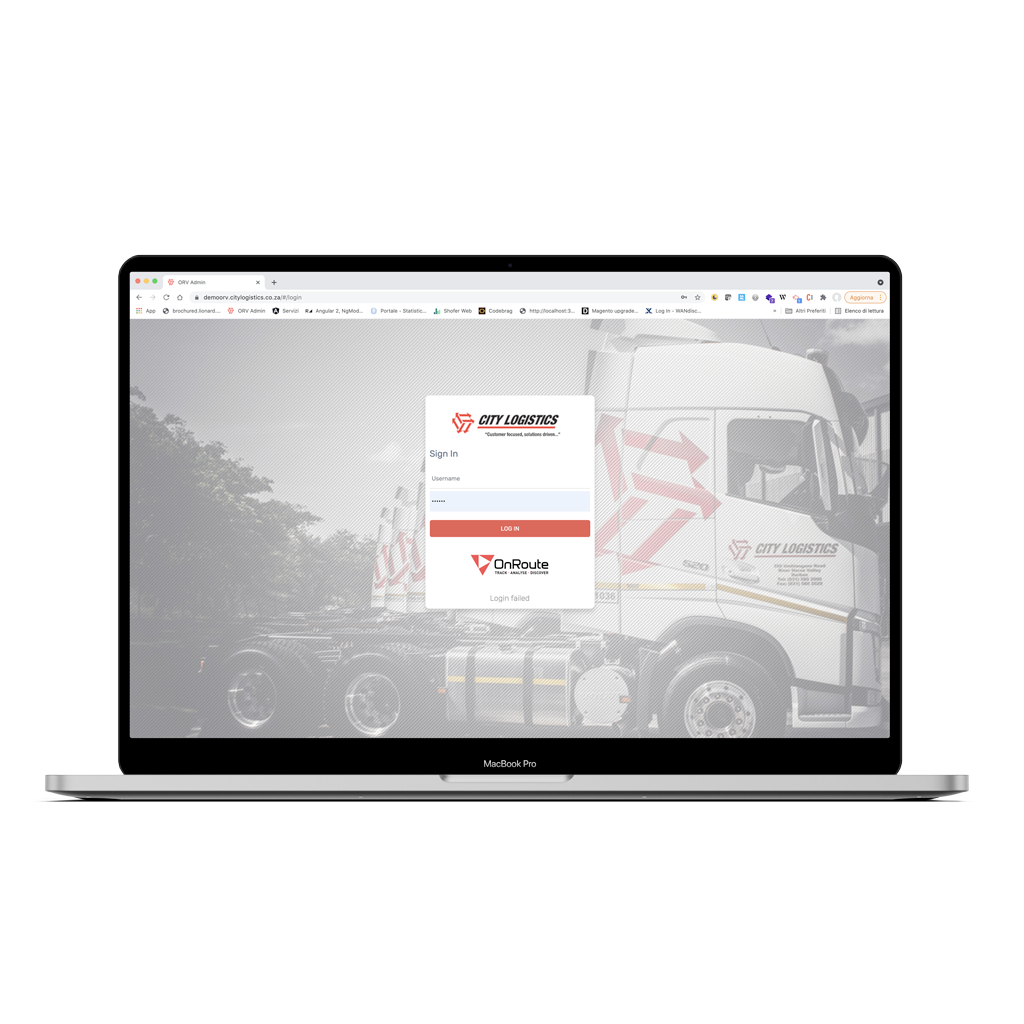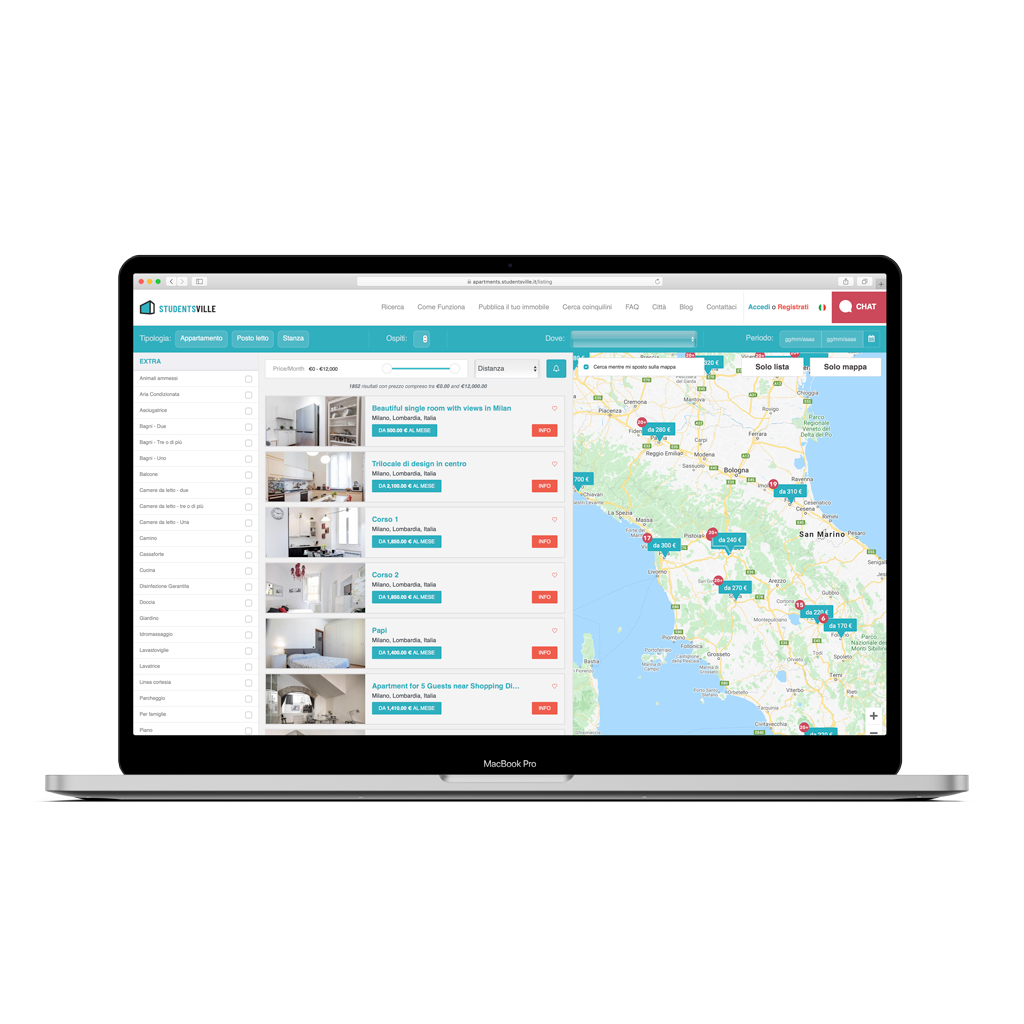Personalised Web Services, Data Warehousing and Adapters
The development of a company's information system often takes on various directions leading to different systems being adopted over the years, often partially overlapping and not communicating. Find out how we can help you solve these situations by developing adapters or establishing a data warehouse.

10 years of experience as system integrators
For many years we have been acting to support companies that wish to integrate third-party services or custom products to increase the efficiency of their internal processes.When two or more systems perform partially overlapping tasks, situations often arise in which their respective databases contain duplicate and potentially out of sync information. In situations where it's impossible to operate on tools or databases, a solution can be found by developing communication adapters or web services that resolve the ambiguity in favour of one of the two systems. In this case, we act as system integrators, configuring the tools or developing the necessary code, supporting the company throughout the process.
Whenever possible, we try to reduce the number of concurrent systems by selecting a master and developing any missing elements using custom software. This is done to reduce the complexity of the corporate architecture and increase long-term maintainability.

Data Warehouse Design
Gartner estimates that around 70-80% of newly launched business intelligence projects fail. For many years we've been assisting companies in synthesising their data sources in "containers" that enable analyses.The development of decision support systems is essential for companies that, after having invested time and resources to build complex information systems, need tools to quickly obtain summary information that can help managers to define strategies. Data warehousing systems meet this need by allowing executives to acquire and integrate information from multiple sources and efficiently query large and heterogeneous databases such as relational and non-relational systems, file systems or others. In practice, a data warehouse (DW) consists of a database that can be directly accessed and used as a source to build dashboards oriented towards specific areas of the company, and a series of strategies and algorithms that define how the data is acquired within the DW and how the backwards propagation of write operations occur.
We've developed several data warehousing systems for national and international customers, using both commercial solutions and custom software written by us to manage the cleaning and streamlining of various sources.
Discover some projects in which we have implemented customised web services

The ORV project is part of a complex ecosystem in which the newly created components interact with the systems previously in use to maintain the correct flow of information and the synchronisation of data.
Learn more
The Studentsville project sets out custom APIs for the propagation of advertisments on various online portals.
Learn more
 richieste@elbuild.it
richieste@elbuild.it  Elbuild s.r.l.
Elbuild s.r.l.